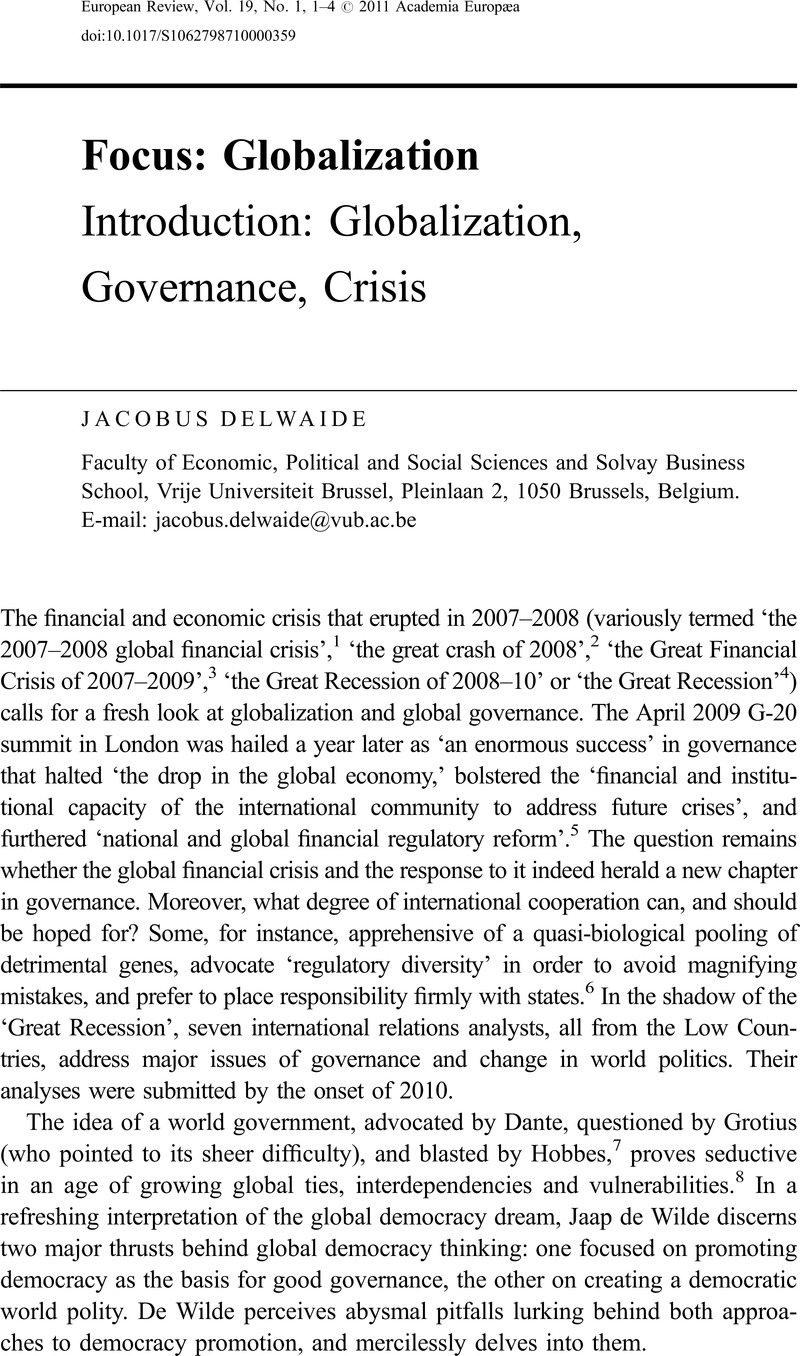Crossref Citations
This article has been cited by the following publications. This list is generated based on data provided by Crossref.
Tebaldi, Gabriele
Dave, Eshan V.
Marsac, Paul
Muraya, Patrick
Hugener, Martin
Pasetto, Marco
Graziani, Andrea
Grilli, Andrea
Bocci, Maurizio
Marradi, Alessandro
Wendling, Louisette
Gaudefroy, Vincent
Jenkins, Kim
Loizos, Andreas
and
Canestrari, Francesco
2014.
Synthesis of standards and procedures for specimen preparation and in-field evaluation of cold-recycled asphalt mixtures.
Road Materials and Pavement Design,
Vol. 15,
Issue. 2,
p.
272.
Verstappen, Herman
2017.
Planet Earth and Humanity.
European Review,
Vol. 25,
Issue. 4,
p.
688.
Zhang, Xianchun
2023.
Regional Integration and Governance Reshuffling in the Making of China’s City-Regions.
p.
25.



